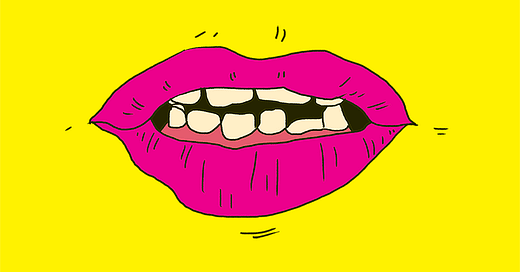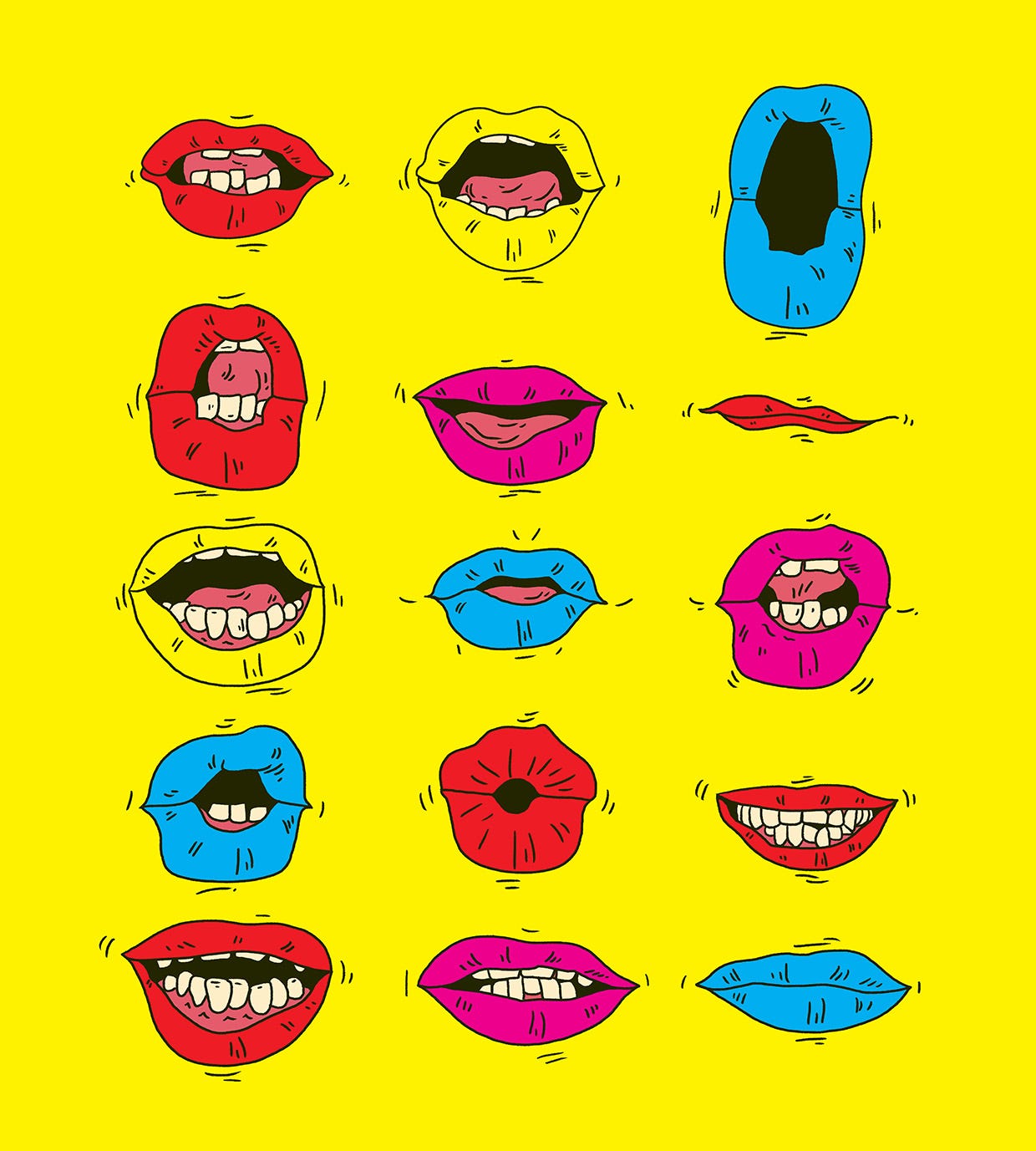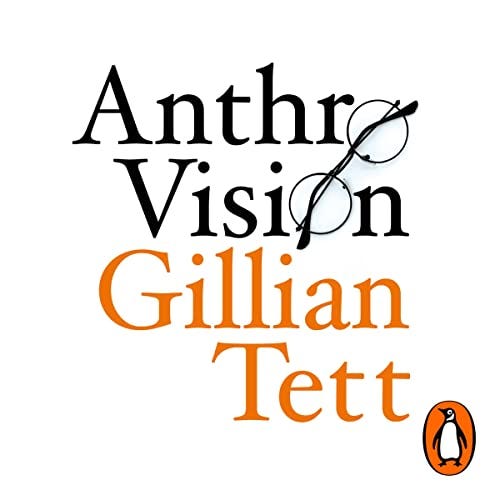
I come in penance & hypocrisy. I talk too much - and I’m not alone.
500 hours of content are uploaded to YouTube every minute worldwide.
There are 4 million podcasts and rising, most of which will never gain more than a handful of listeners.1
We are awash with content of people talking, and in 2023 it can sometimes feel as if there’s no such thing as silence, only ‘dead air’: space to be taken up, attention to be directed, seconds to be sold. There’s more noise out there than at any point in human history, and picking out the signal is only going to get harder.
Everyone’s heard the soundbites about how our attention spans are now shorter than those of goldfish - periodic ‘attention panics’ about our inability to focus now come as standard on The Internet: 2023 edition, and the reality is much more nuanced2, but it does raise a simple question:
If we’re all talking this much, who’s listening any more?
This is one of those issues that feels both micro and macro, visible at a personal and much larger level. In an attention economy where an audience is something to be sold, we are swimming in a technological milieu that incentivises us to speak far more than to listen.
“We’re more and more into communications and less and less into communication” - Studs Terkel3.
It’s worth noting that back in the 13th Century Seneca was also whingeing about people being distracted by too many books, but I would argue that had The Father of Stoicism worked in communications in 2023, he might have been especially perturbed. In the advertising industry, when we are talking, we are often selling something - persuading, pitching, making our point of view known. Our industry’s version of a driving test should involve proving you can listen before being allowed anywhere near means of mass communication.
The results of this deafness at a marketing level are products, services and communications that are woefully disconnected from reality. We segment people out of their own lives, bundle them into absurd generational cohorts, treat them as dead to culture and inner life after they pass the age of 40, and we often talk to them like idiots.
Perhaps marketers are worried about being replaced by AI because we know we've already delegated the business of understanding human behaviour to machines and the data they produce rather than using our ears and eyes (as
has pointed out). The ability to generate streams of text and marketing pap semi-coherently is now available at the touch of a button thanks to ChatGPT, Bard and others. The ability to listen is much more rare. If you want to avoid losing your job to an AI, start by honing the skills that they don't have.But this isn’t just about marketing. A world of poorer listeners is an impoverished one. If ‘we hurt others when we fail to imagine them properly’4, then we marginalise them when we don't listen to them attentively. You might argue that we don’t have a political issue with cancel culture so much as two sides who stubbornly refuse to listen to even the start of a conflicting point of view, let alone the middle or the end. In this moment, it sometimes seems that the most radical thing anyone can do is shut the fuck up. But even if the world needs a revolution in deep listening, this sort of thing is simple to talk about, and challenging to do. So let’s start by figuring out where we’re going wrong. How did it get this fucking bad?
Where Did It All Go Wrong?
By the still-warm corpse of proper listening stand 3 potential accomplices: Big Data, hierarchies, and laziness.
“In our twenty-first-century world, there is a reverence for sweeping, top-down analysis with large collections of statistics and Big Data (and the bigger the data set, the better).” - Gillian Tett, Anthro-Vision
Large corporations have more data than at any point in history, but it doesn’t seem to have made us any more insightful. We mistake data for understanding, and we focus on what can be measured rather than the more complex meanings that shallow readings of data offer us. In her book FT Editor, Soothsayer and trained anthropologist Gillian Tett makes a simple plea: try a bit less algorithm and a lot more anthropology.
Data is plentiful, easy to manipulate, and gives us the illusion of understanding. But when we rely too heavily on it, we’re fall into The McNamara Fallacy - named after Robert McNamara, The US Secretary of Defense during The Vietnam War. He was a technocrat who focused on easily measurable things like body count at the expense of more abstract but crucial factors like the morale of the Vietnamese people, and we all know how that ended.
It doesn’t help that the natural hierarchy of corporate structures mean that anyone making decisions is likely a long way away from any proper listening. The more senior and powerful you are, the further you get from the sources of real truth.
“The more important people become, the less they learn - they don’t read as much, they have no time to waste productively, they talk to fewer locals on the receiving end of history” - George Packer, Our Man
I have been astonished, over the last few years, how many of my clients have seemed reluctant to just go and speak to their customers after one of the most momentous periods of upheaval in more than a century. Putting in the shoe-leather is time-consuming and difficult, but “the desk is a very dangerous place from which to view the world” as special agent John Le Carré pointed out.
The final issue is that when we do do it, we do it wrong. A great deal of ‘insight work’ happens in places that look like goldfish bowls, and it goes like this:

So if part of the challenge of proving that you’re human and acting like one in the 21st Century is getting better at listening, what does that mean, and where do we go for inspiration? Some clues might be found amongst 4 groups : hostage negotiators, novelists and journalists, and monks.
Hostage Negotiators
I recently attended a course in ‘elite listening’ courtesy of a former Scotland Yard Hostage Negotiator: these are people who listen as if someone’s life depends on it, because it often does. It forced on me the realisation that I am a terrible listener. A few toplines:
Great listening can happen in dramatically compressed timeframes. The hostage negotiation team dealing with The Taliban worked round the clock for two weeks for a grand total of about four minutes of conversation5. It doesn't have to be hours of quasi-therapy to get you to the truth.
Only once you have properly listened do you have permission to persuade. Let’s just dwell on this a moment. When was the last time you tried to really understand someone before convincing them?
If you really want to listen, stop asking questions: We believe that active listening means ‘asking questions’. But a question just sends the conversation in the direction that we want to take it. A talker will give you valuable ‘unintentional insight’ if you keep quiet - far more so than if you interject.
The only weakness to this approach is that this isn’t about listening as a means of empathy or societal cohesion - it’s about strategic cold empathy as raised by Thoughts on Writing. This is valuable, but listening to win is a high-stakes, game-theory, zero-sum exercise - useful in the corporate world, but unavoidably competitive. It also becomes a game of poker when both parties are deploying the same techniques.
Novelists
A lot of our idea of literary quality is tied up in style - the writer as someone who just puts it better than anyone else - but in order to have a literary voice, you must first develop an ear. The best writers are both shaman and ventriloquists. Writers are Saul Bellow’s ‘first-class noticers’, but they are also people with an incredible ear for the rhythms of natural speech, verbal tics and what people say vs what they really mean.
Some - Marlon James, David Mitchell, William Faulkner and many others - are so excellent at channeling the voices of other people into their work that they vanish into their material. At the other end, you have the point where literary style errs into reportage, most notably in the patchwork storytelling of Jean Stein, the ‘talking book’ performances of Anna Deavere Smith, or the work of Nobel Prize winner Svetlana Alexievich6:
There is something almost Buddhist in totally destroying yourself to make space for other people’s voices to flow through you, and it makes for literary dynamite7.
It may be a privacy violation, but sit in a public space and try to capture the peculiar rhythms of people’s speech. The results are highly revealing: it will also make you realise how many research debriefs remove valuable context when they keep headlines at the expense of the comedic language, awkward gaps, and gestures that add up into aggregate to a person when we encounter them in full.
Journalists
Of course, the masters of this kind of listening are still journalists, and I would argue that The Grandmaster above all is Robert Caro.
Caro, the biographer who wrote The Power Broker about Robert Moses and is finishing a five-volume biography on Lyndon B Johnson, is famous for the masochistic thoroughness of his archival research, but he's also a listener par excellence.
He did ten (ten!) separate interviews with Lyndon B. Johnson’s chauffeur just to get at the truth about how hard the president worked from the one person who was with him in his down time. He moved to the Texas Hill Country for three years just to try and understand where Johnson grew up. He staged an interview with Lyndon B. Johnson’s brother in a recreation of their family home just to get past the bullshit to the truth about growing up with him8:
“I asked Sam Houston to sit in the same place he had sat as a boy………. the memories, strikingly different from others he had previously given, began coming clearer and faster, until finally no interjections were necessary, and there were no pauses: Sam Houston was re-creating family dinners at the Johnsons’, saying, almost shouting, back and forth, what his father had shouted at his brother, and what his brother had shouted back: “ ‘You’re just not college material, are you, goddammit? You’re just a failure, Lyndon, and you’re always going to be a failure . . .’”
It’s not just the questions you ask: sometimes the best way to get at the facts is to ask for them in a time or place so emotively rich that the truth comes flooding out. The people you ask may not be hiding it from you - what they are telling you was hidden from themselves too, and they may feel compelled to share it before the memory dies within them again.
This is listening as a form of archeology, and the fact that Caro goes looking for these kind of questions is one of the reasons that he has written some of the finest biography ever set to print. One of his most effective methods as a journalist is silence: he often writes in his notebooks ‘SU!’ when he’s interviewing someone, which is shorthand for ‘shut up.’ Which leads us to the last group we might learn from.
Monks
In his book 'The Art of Noticing'
interviewed Trappist monks about the power of silence:‘I would say the cultivation of silence is indispensable to being human. People sometimes talk as if they were “looking for silence”, as if silence had gone away or they had misplaced it somewhere. But it is hardly something they could have misplaced. Silence is the infinite horizon against which is set every word they have ever spoken, and they can’t find it? Not to worry - it will find them.’ - a Trappist Monk, interviewed in Rob Walker’s “The Art of Noticing.
When was the last time you were silent? Every moment of silence is a moment someone else might reveal something they know, tell you about themselves, or just opens up a pocket of interaction and intimacy.
I am unlikely to take a monastic vow of silence any time soon, but even making sure that you try and go most of the way through a meeting without saying anything can reveal how much space you might be taking up that can be filled with other people’s ideas. Cultivate periods of forced silence, and see what you hear, and notice.
End of rant about listening
I’m not immune to the irony of writing this many words about the need to listen better, but I hope to drain myself of the same ill I diagnose. This is far too large a problem for any one essay to solve, but a few final techniques for all of us trying to listen better:
Stop fucking multi-tasking: it’s impossible for anyone to think you’re listening to them if you’re looking at your phone or a computer. Countless studies have now proven that multi-tasking is impossible, so don’t bother.
Cultivate better, more probing and more uncomfortable sets of questions. For starters, try The Proust Questionnaire, the NYT’s 36 Questions to Ask to Fall in Love, or the ones in Anna Deavere Smith’s “Talk To Me”.
Change where you ask: can you speak to people in a moment of change, of deep emotional resonance, or where a particular sensorial memory might be triggered? Where could a place bring a rush of particularly strong memories flooding back?
Create some disagreements: people will often reveal in conflict what they won’t in consensus. Can you get two different sides to verbally joust, and hear their case?
Listen for the silences9: observe where people are using acronyms or coded language to obscure understanding. Pay close attention to what they aren’t talking about - what does the silence reveal?
Change the debrief: what are the best media for conveying how people talk, not just what they say? Should you present a deck that flattens human personality and strips away ‘thick context’ in favour of headlines? Or use audio that leaves in the peculiar gaps in conversation and flow?
As I’ve said, I write this as much to commit myself to doing it better as anything else. As a final thought: in listening to other people, you won’t just find out more about them - you’ll also discover a little bit more about yourself too.
“The good listener: someone who has learnt how to find bits of themselves in the experiences of others” – Alain de Botton
Next time we meet please feel free to hold me accountable and just tell me to shut the fuck up. Thank you for listening.
Source: The Podcast Index, 2023
King’s College London Centre For Attention Studies, February 2022
Anna Deavere Smith - "Talk To Me”
Carlos Fuentes, quoted in Peter Blegvad’s “Imagine, Observe, Remember”
Source: Richard Mullender, The Listening Institute, in conversation
https://lareviewofbooks.org/article/the-storykeeper-a-conversation-with-svetlana-alexievich/
It isn’t lost on me that most of the prime exponents of this style are women.
https://www.newyorker.com/magazine/2019/01/28/the-secrets-of-lyndon-johnsons-archives
Stolen from Gillian Tett’s “Anthro-Vision”









